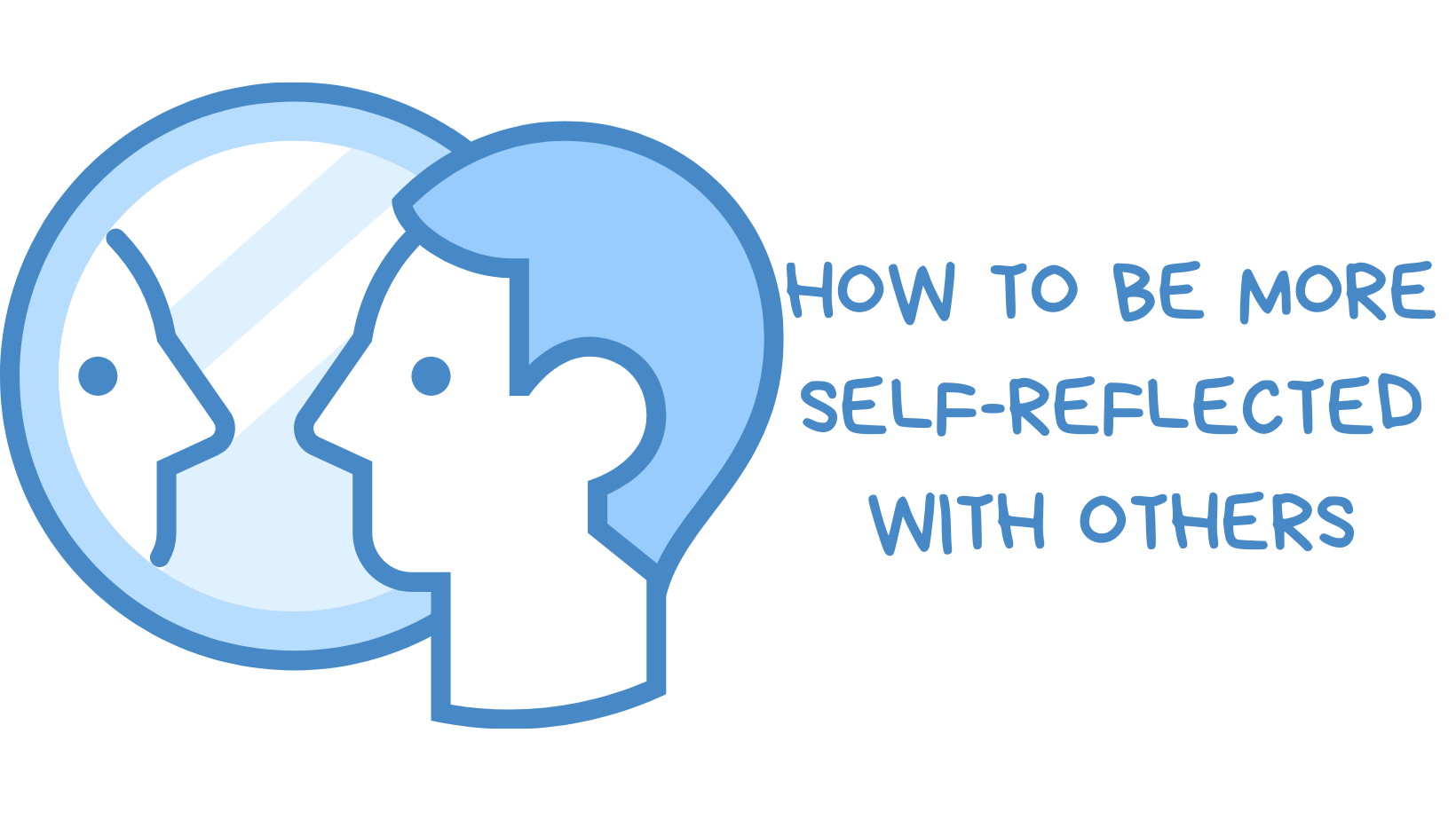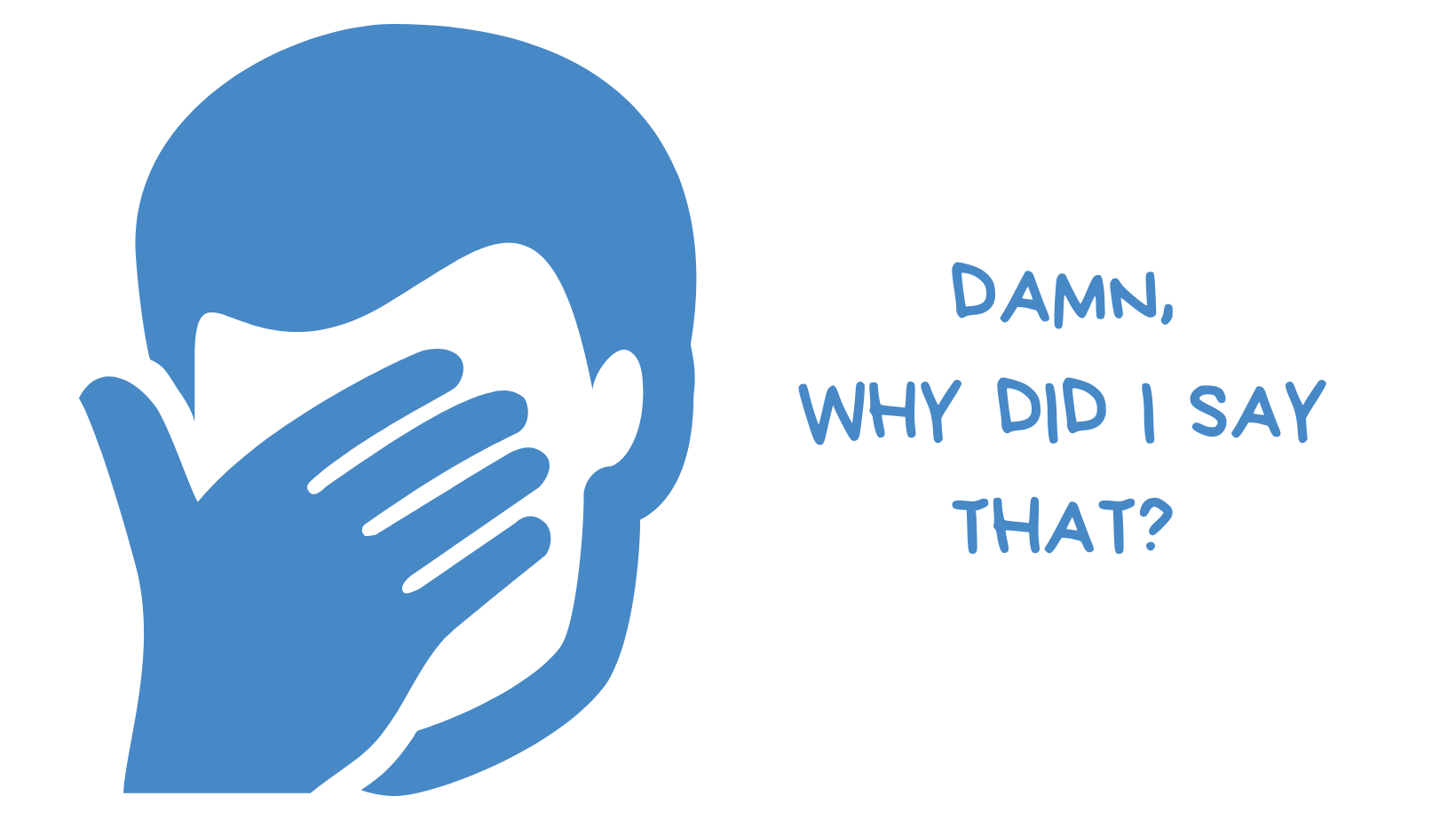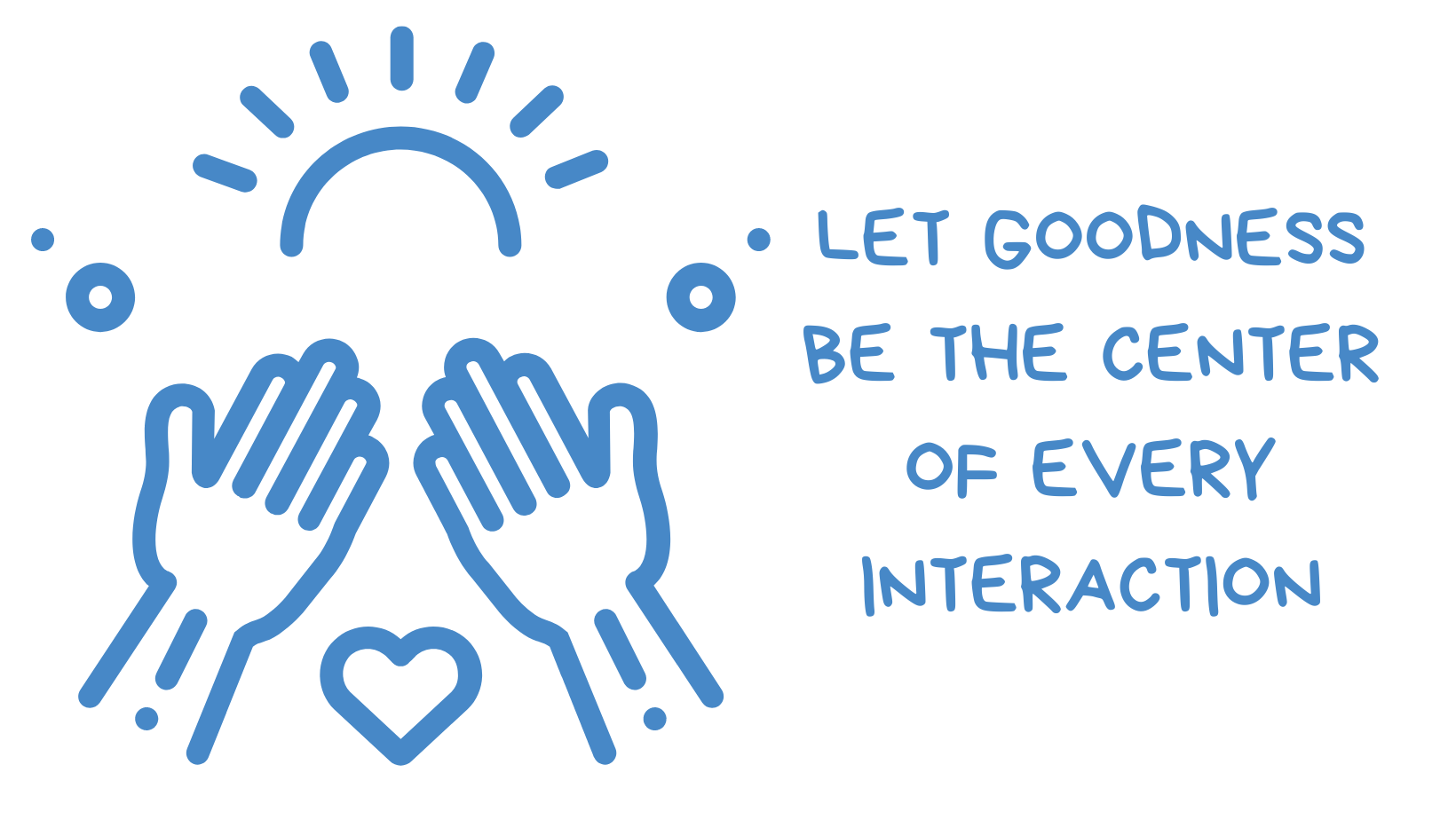
Have you ever been in a conversation with someone and you have a sidebar with yourself about how clueless the other person is? This sense that they haven’t actually thought through what they’re saying and it’s all coming out a little rude/entitled/self absorbed/pointless…And I’m not going to stand on a higher ground and say that I don’t ever do this; I know I do, but I reflect after speaking and check back with myself to almost evaluate, and basically try to change or do better in the future. Let me elaborate.…
Many times I text and do lunch dates with a close girlfriend of mine, and we’re basically each other’s safe space. We can off load almost anything and have meaningful conversations branch out of it. Every now and then, as I’m smack talking, it’s like I almost catch my reflection in the mirror, but in my own mind, and I have to stop and think about what I’ve just said. It can happen in the moment, hours later, sometimes months later. Just like a random thought pops in and I’m thinking “Oh hmm, what was I thinking…” So the choice from here is either to overthink that particular moment more times than I need to and have solo cringe moments of “Damn why did I say that?”, or, check with that friend and reflect back on that conversation. It’s important to note that reflection isn’t meant to be a test where you judge if you’ve passed or failed social interactions. More to just keep yourself in check with societal and self boundaries, and to ensure that other people involved are left in the same or better state from before they had interacted with you. There is a slight art to it and people who aren’t used to doing it can be left feeling quite overwhelmed and confused sometimes, so let’s break it down a bit more.

To put simply, self reflection is like looking in the mirror but doing it through thoughts and questions rather than sight. It doesn’t have to be this super intense act where you are almost imagining yoga poses with essential oils on a peaceful Sunday morning. Self reflection can happen at any time and it can be a very quick habit we practice on the daily. I started picking up the habit of self reflecting when doing my teacher training. As I was working towards earning my certificate in education, I had many evaluations by my mentor about how my lessons were going and what areas I needed to work on to be a better teacher. Before she would give me her two cents, she’d always ask “What did you think? How do you feel it went?” And this wasn’t her way of riding off of my answers, she genuinely wanted to see my skill in self reflection; was I just repeating what happened, or have I thought about what worked/didn’t work/could work in the future, from that lesson. Just from this, self reflection has become an everyday thing for me. And because it’s so second nature for me, when people whom I talk to and know don’t do it much or at all, they stand out to me in not necessarily the best ways…Which makes me think, we can all do with a bit more self reflection education.
So here are my own ways to self reflect, especially when talking to others:
1.) Know who you are
Have some base or foundation of identity for yourself- your core. Whatever it may be (i.e.: I’m a daughter, a friend, a nurse, a husband, I’m kind, I’m funny, I’m religious…) make sure it’s something that you can come back to as your fall back whenever you get lost in conversations and interactions. This is important because people talk about all sorts of things and sometimes those things can be insensitive and it can cut at us, but we may not know or realize why. When we feel offended and hurt, it’s possibly because what was said goes against who we are, our identity, thus leaving us feeling not so good. This scenario can also be flipped in that it’s us saying something insensitive to someone else; unintentionally poking at their core. You can’t help these things, but you can self reflect. You can reconsider those words and you can apologize and admit that you’re still learning and will do better in the future. Self reflection heals a lot more than you realize.
2.) Talk to yourself
Have you ever realized you’ve got a voice in your head? He/she/them is talking right now as you read this, crazy huh? That voice knows you the best and is the most honest and supportive person in your world. When self reflecting, have a discussion with this voice “Did that go okay? Could it have gone better? Was she okay? Am I okay? Why am I bothered? Was he okay talking about this? Should we have talked about that? How can I be a better friend to them next time?” Now it’s important to note, don’t ask yourself all these questions. That is borderline anxiety taking over and it can lead you down a rabbit hole of many other problems. Keep it brief and to the point. If there were conflicting moments that came up, zoom in on those to ensure closure or peace has been kept. Mulling over things is fine so long as you’re learning more about yourself and the other person whilst doing it.
3.) Act on it
This can be an incredibly hard thing to do sometimes. No one likes confrontation or having to have difficult conversations. But in order for self reflection to actually work, some action should happen. This though can happen in many different ways. I’m not expecting us to live lives like there are cameras pointed at us 24/7 and we’re fishing for drama wherever we go. That to me can get very messy and stressful. We shouldn’t have to go back to every conversation we’ve had and try to prod and push if there’s no big need for it. That being said, sometimes an immediate apology or confrontation about a hurt you or they may be experiencing should be acted on, preferably when things are still fresh in mind. Go into it when you’re calm and have processed things a bit more. Not every confrontation has to have the connotation of ‘drama’. Sometimes adults can have a conversation about upset feelings and resolve matters well. Other than this you can also act in other ways such as, doing a kind deed for that person, talking to your therapist about it, reading a book on how to be more self aware or getting a second opinion from someone else.
I think the whole point of self reflection is to be a better person and friend ultimately. Have your thoughts and questions come back to that. Leave people better than when they met you and find ways to add kindness and support. That’s what relationships need more nowadays, and that happens through conversations. I think if you make an effort with others, it’ll come back around to you too. Let’s get to a place where goodness is the center of every interaction so that we can learn and grow every single time. I believe it’s the little that we do that can add up to a movement, and it all starts with you.
